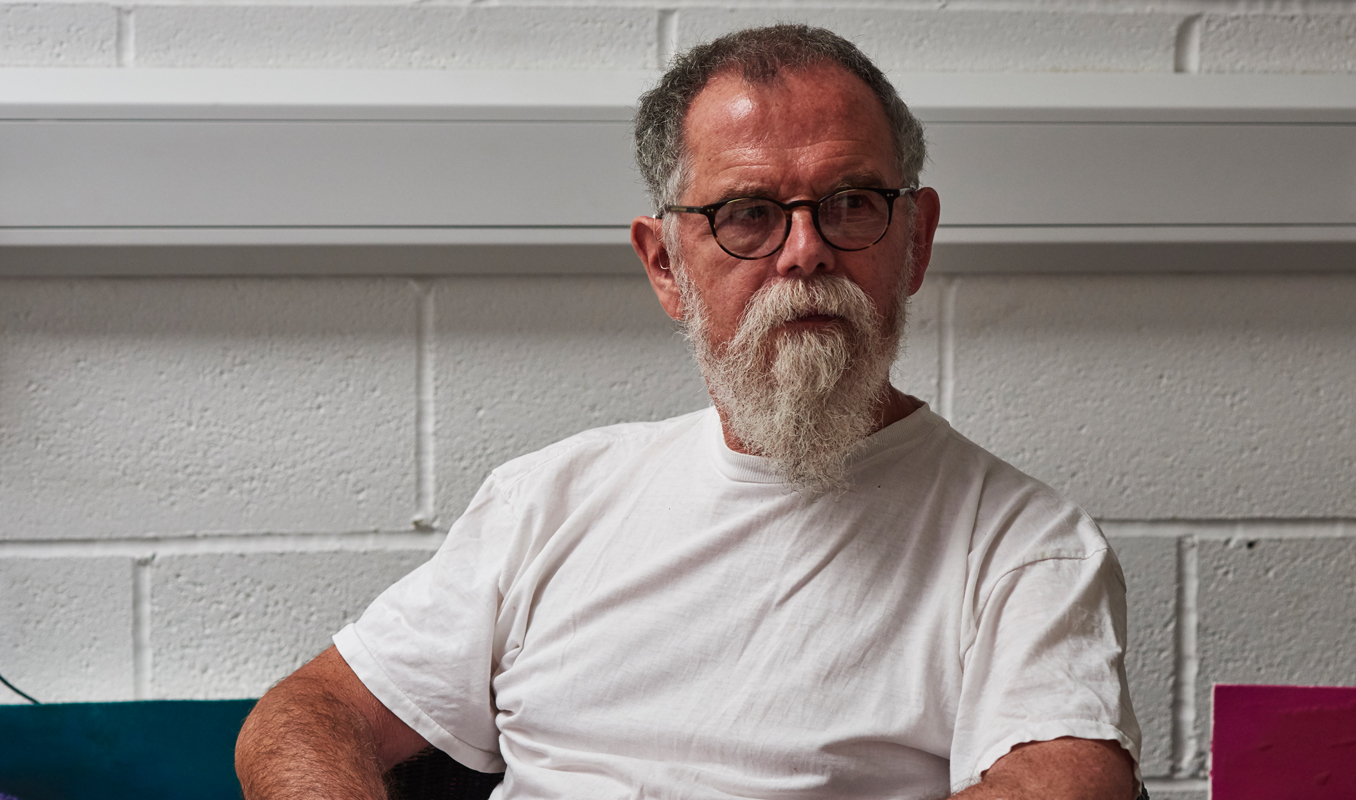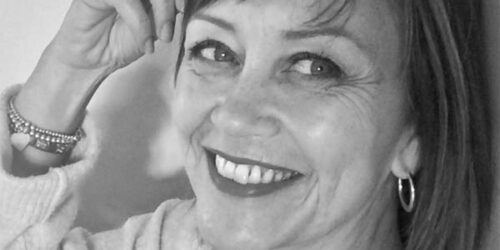
Tony Warner has been a writer and journalist, mainly on arts related topics, for some forty years. He has written many catalogue introductions for gallery exhibitions, interviews and critical essays on the arts. His first novel Vincent and Pablo: the Revised Version was published in 2014. Tony’s second novel Boxwood: tales from a Norfolk churchyard (2018) is now available from Waterstones and independent bookshops in London and East Anglia.
Tony was selected for the 2018/2019 Escalator talent development scheme, where he received mentoring, took part in workshops and development sessions and took part in a showcase event with an audience of invited guests and industry professionals at Free Word. He was selected to attend the David Higham Associates’ (DHA) open day for underrepresented writers.
You were recently selected for the DHA open day for underrepresented writers, can you tell us a bit about it?
The people at DHA say I was picked up partly from the work I submitted to them and partly through having been on the Escalator programme. The day goes through everything you could ever want to know about agents and publishing, from exactly what agents and publishers do, to how to approach them, what is involved in having works published, translated and filmed. You also get some time with one of their agents. I’m always prepared to negotiate ideas, so that was both interesting and informative, particularly compared to the themes Daniel Hahn and I had previously explored. And plenty of questions, the consequent evasions being as interesting as the straightforward answers.
As a participant of NCW’s Escalator 2019 talent development programme, how would you say the experience shaped you as a writer?
Daniel Hahn, my mentor is a well known translator internationally. He is very aware of ‘voice’, both that of the character and that of the author. His insistence on it in my writing has been very useful, a well as discussions with him about how to show the inner life and feelings of the characters. We still only partly agree. The other important area of Escalator has been the interaction with the other writers, with their varying approaches, styles and themes within their work. As a group we have held firmly together, something which I hope will not be lost now our year has come to an end.
For me the Escalator highlight was the residential weekend, with talks from a now-published previous participant and a literary agent, who took time out for one-to-ones with all of the Escalator writers. Star turn was the amazing Ali Smith who had the participants’ names and what we had written by heart! Perhaps the most nerve-wracking part of Escalator is the final presentation to agents and publishers. Fortunately, we’d been well prepared with a rehearsal incorporating lectern and microphones the week beforehand. Plenty of time (and alcohol) at the presentation afterwards in which to bend the ears of four or five agents. always a good way of spending one’s time.
Your career in writing has been mainly focused on factual writing; how did you find the shift to writing fiction?
I never left fiction. I was writing short stories and poetry until well into my thirties. Then the exigencies of marriage, children and work took over, so if I were going to spend any time writing I had to be paid for it, which led me into art criticism and writing text books. Still, there are huge differences. Short non-fiction can be monotone in terms of pace; you don’t have to worry about character, character development and plot, not to mention inventing dialogue which sounds authentic. I’ve got plenty of pieces in my laptop’s bottom drawer where at least one of those has gone badly wrong. Non-fiction also gives you a ready-made plot, though with art criticism that can be very hard to find sometimes.
What are your plans for the future?
I’m working very hard on finding an agent/publisher for Boyhood, Child,Youth based on the advice and suggestions from the people at David Higham. At the same time I’m half way through its ‘prequel’, a romance set during the war in CBY’s town.
Any advice to writers applying for development opportunities?
Write a lot, revise where necessary (but not slavishly), chase every competition and opportunity in sight. Don’t give up the day job. To quote Winston Churchill: ‘keep buggering on.’
Photo (c) Andy Sapey Photography
Tony’s second novel, Childhood, Boyhood, Youth is to be published by The Book Guild in September 2023. Developed through Escalator, and, Inspired by Leo Tolstoy’s series of semi-biographical vignettes, Childhood, Boyhood, Youth is a classic coming-of-age novel, cast in a rarely documented setting in the voice of a rarely heard narrator. It has been praised by David Taylor as ‘a meticulously realised account of a bygone working-class childhood lived on the wrong side of the tracks, which had me gripped’.
Tony explains: “On a long journey I re-read ‘Childhood, Boyhood, Youth’ by Leo Tolstoy about growing up in aristocratic Russia in the 1860s. Why not bring this forward a hundred years to growing up on a council housing estate in 1960s England? The main family is based on one which live the next door down from us when I was growing up. I wasn’t allowed to communicate with them, so my depiction of them is purely fictitious. I can’t imagine their kind of life was unique to either the time or the place”.
Ahead of the publication and a celebratory launch event at Jarrold in Norwich (Book Department, 11am – 1pm, Saturday 30 September), Tony reflected further on the impact of Escalator:
“I applied for the Escalator programme more in hope than expectation. After all, I’d been writing for over thirty years… What did I have to gain?
Quite a lot, as it turned out. Partly from the mentors, but also from the other members of the group, always ready to offer helpful advice but also ready to be fierce in criticism of anything sloppy or inaccurate. Then there was the matter of the meetings themselves, forcing you to have something new to show (and not just any old thing!).
My mentor picked up on my English lack of enthusiasm for overt emotions, pointing out that without some sort of indication of what the characters felt, they merely became cyphers. Eventually we reached a middle point, where the actors would drop hints (a painful silence, a halted sentence, even telling a fairy story) which displayed their inner states. Others had the same experience, being guided in plot, exposition and description as required. I soon realised my ‘just about finished’ novel was not good enough.
Then there was the business focused section [of Escalator]. A bookseller [guiding us] on how difficult it is to sell and what the author can do to make sales easier as well as how to approach book shops in the first place. An author on his experience in the industry, representatives of Arts Council England on funding opportunities, a couple of agents giving advice on how to navigate agencies and publishers. All useful information for an author faced with the eighty percent of life which is not the simple art of writing.
I gained contact with a variety of interesting and hard-working people, a knowledge of the book trade, good working habits and a lot of confidence. The year I spent on the Escalator programme was well worth the time and effort expended on it”.
Donate to take Escalator to the next level
Each year, Escalator provides a cohort of emerging writers from the East of England with bespoke mentoring, skills development masterclasses, industry connections and showcases.
So far, Escalator has transformed the careers of over 130 writers, helping them hone their craft, get published, earn critical acclaim and more. Today, we need your support to take Escalator to the next level. For a limited time, receive a FREE screen print when you donate to our Escalator: It’s Next Level campaign. Discover and donate.







